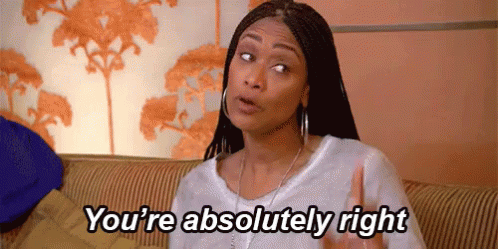What do you think?
Rate this book


365 pages, Hardcover
First published April 15, 2014
by 2001 (before the 2008 financial meltdown)...warren unabashedly calls out banking deregulation, predatory lending, the unchecked access and pernicious effects of banking lobbyists, and a misunderstanding and demonization of the risk factors for bankruptcy as contributors to the financial crisis. her adjudication of a "rigged" politico-economic system is corroborated by evidence both empirical and anecdotal (after a quarter-century spent researching and studying it).
*more children would live through their parents' bankruptcy than their parents' divorce.
*more women would file for bankruptcy than would graduate from college.
*more people would file for bankruptcy than would be diagnosed with cancer.
*some fifteen million families filed for bankruptcy in a single decade.
some say the rich and powerful now control washington and always will. i say this battle isn't over yet. true, the playing field isn't level and the system is rigged. but we're putting up a heck of a fight, and we intend to keep on fighting.elizabeth warren is perhaps a rarity amongst elected officials, as she's never aspired to, nor made a career of, being a politician. her devotion to creating a level-playing field for all americans is borne of her own family's experiences, a career researching bankruptcy and teaching law, and a moral sense of responsibility. while so many politicians are motivated by corporate donations, lobbyist influences, and re-election hopes, senator warren is galvanized by (re)creating the opportunities that were once more widely available to all americans. regardless of political persuasion or ideological disposition, if this nation had more congresspeople and senators of similar conviction and character, we'd increasingly see discourse unencumbered by partisan rhetoric, as well as legislation that truly accomplishes the will of the people (rather than corporate interests).
this victory wasn't mine. that's not some kind of fake modesty talk - no, that statement is deep-down truth. this victory belonged to all the families who have been chipped away at, squeezed, and hammered. this time, they fought together and won. and now they were sending me to washington to fight for them and for every hardworking family who just wants a fighting chance to live the american dream.
equality. opportunity. the pursuit of happiness. an america that builds something better for the next kid and the kid after that and the kid after that.
no one is asking for a handout. all we want is a country where everyone pays a fair share, a country where we build opportunities for all of us; a country where everyone plays by the same rules and everyone is held accountable. and we have begun to fight for it.


I decided that I was going to be a responsible voter, and read (listen) to the audiobooks of some of the presidential candidates that I like. I started with Warren's book, because she is already my favorite, and this book did not disappoint. Listening to her story, and how she came to be where she is at today was so inspiring and made me love her even more. The only reason I'm only giving it five stars is that one of the chapters dives into her work in finance and banking, and while you can tell that Warren really loves the topic, I did not. I have a pretty good understanding of the financial crash, and the role that banks played, but even I had a hard time staying engaged, as she talked about the ins and outs of different regulations, and laws that were being passed of needed to be passed. I know it was important work, but it was a little dense. Once she moved on to the senate race though, I was again hooked into the book.